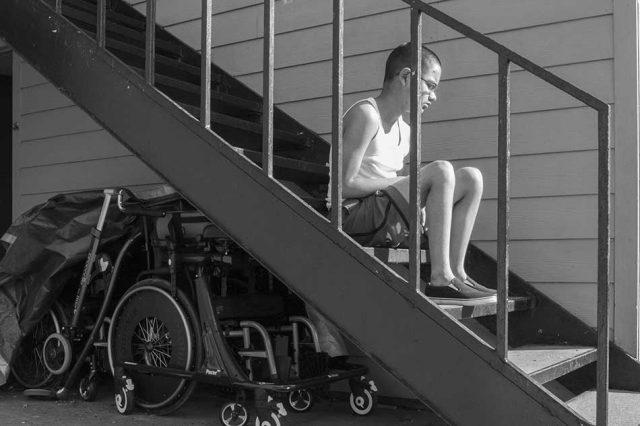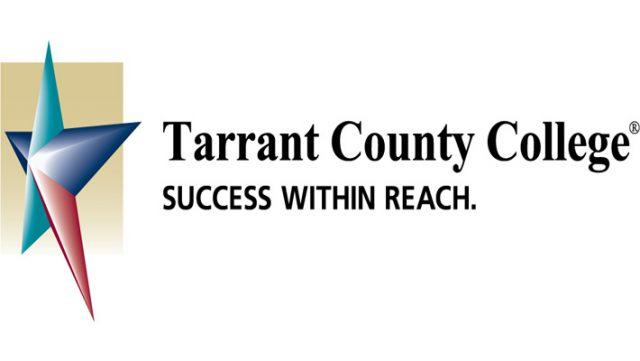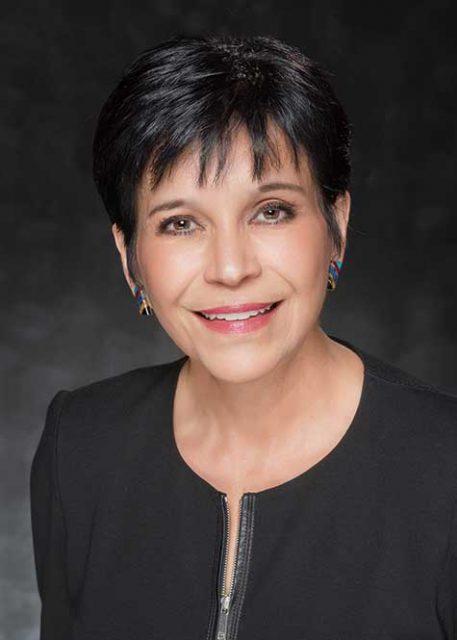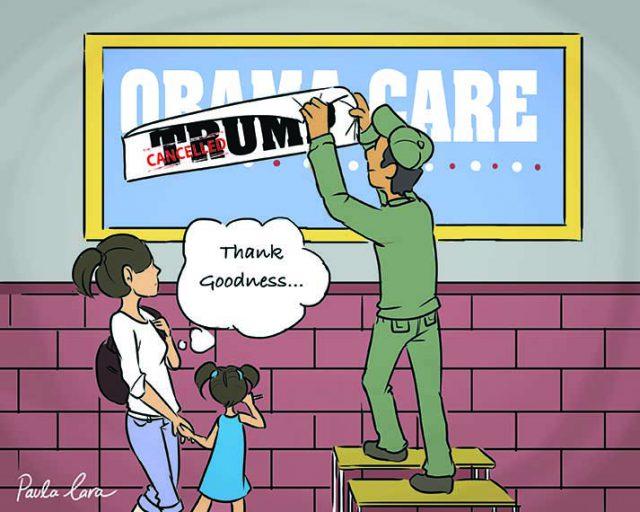By Anne Francomano/ tr news editor
If young people want their voices heard, they need to get involved, a panel of politically active women told TR students and faculty March 8 about the National Women’s March earlier this year.
Government instructor Corena White facilitated the four-member panel by providing a brief history of International Women’s Day, introducing panel members, posing questions and opening the Q&A.
The panelists shared their personal motivations for marching. Leah Price, a TCC purchasing department buyer, student and mom of a 2-year-old, spoke as co-organizer of the Fort Worth march.
“The president needed to know we have a voice to hear,” she said.
Evelyn Barker, director of grants and special projects at the University of Texas at Arlington, and Molly Bartell, a high school senior, both participated in the Austin march. Barker hoped to encourage more introverted people to have the courage to speak up while Bartell aimed to show support for others who have faced challenges as she has.
“I have struggled with my sexual identity, and I’ve come a long way,” Bartell said. “I want to be there to help others.”
Leslie Lutz, a freelance editor and mom of a 5-year-old, participated in the Washington, D.C., march to focus on climate change.
The panel noted that supporters of President Donald Trump attended the marches as well, and none of the panelists observed animosity between the Trump supporters and any other marching groups.
“We tried hard to make the message about solidarity, not a protest against Trump,” Price said.
The speakers described how they have remained involved since the march, such as calling their representatives’ offices about specific issues. Price started a Facebook page to try to capture the momentum from the march. The site provides notifications of local events and upcoming legislation along with information on connecting with representatives.
“Pick a cause and then take action on the cause,” Price said. “Educate yourself. Become an expert on that cause.”
During the Q&A segment, the panelists responded to audience questions, such as whether panel members would have become politically active if the 2016 presidential election had turned out differently.
Barker compared the 2016 presidential election results with those of the 2000 election, which had not compelled her to become active.
“If it had been a traditional politician, probably not,” she said.
Lutz used to avoid politics in the interest of family peace.
“The election pushed me to get involved,” she said.





























